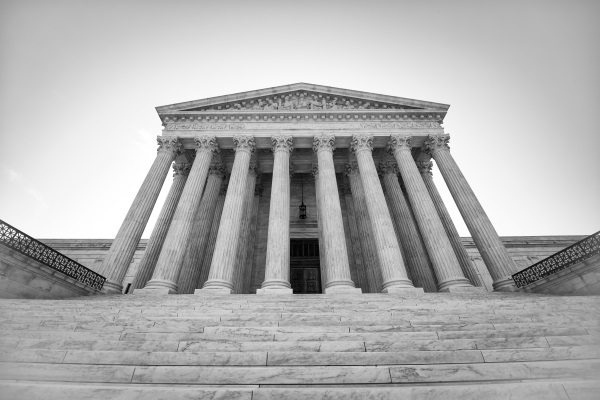Folks often ask us to do securitization and title report as though it’s the golden keys to the kingdom of winning a case here in Texas. We usually tell them that a flat title report and a flat securitization report is not only incomplete – it is misleading. For example, when files are uploaded by an unidentified person to http://www.sec.gov, many individuals answer by “Found it!!”
There is no limitation on what can be posted to http://www.sec.gov. Many deceitful foreclosures have occurred because of a legal sleight of hand — lacking the exhibits referred to in the Pooling and Servicing Agreement and uploading what seems to be trust records even if they may be not signed.
Our firm has a reputation for winning cases and the method we use is the basis for all our Trial Attorney work in Texas.
What laypeople do not comprehend because they don’t have any schooling and training to understand it, is that trial work is like brain surgery. The brain surgeon knows that poor life choices and genetics are what caused the patient. He might believe that businesses should not be permitted to shove the foods and medicines on people that undermine well-being. But when he/she steps into the operating room, he/she’s a much narrower range — drilling and cutting into the skull to get to the part of the brain where he can perform repairs that are powerful. All the rest doesn’t matter at that instant.
A trial lawyer in Texas prepares for trial from the instant a case is received by him. An excellent trial lawyer develops two narratives — one is the internal narrative that he or she understands and will serve as the basis for making decisions and premises in discovery and at trial and the other is the outside narrative that is the small storyline and is directly associated with the (a) the things he/she needs to block from signs and (b) the things he/she wants in evidence. The internal narrative is great to understand but is mostly unrelated to the problems which will be heard at trial when he/she steps into the courtroom.
So for example, folks say securitization is illegal or not good. Actually it’s not and there is no reason why it should be. Diluting danger among many investors is the basis of capitalism.
The internal narrative is that the way securitization was practiced in real life was likely criminal, illegal and erroneous. The internal story is that the Trust was never financed and hence could never have purchased any loans. These facts are understood in the mind of the trial lawyer but he/she will make no attempt to establish them because the Court in all likelihood would not allow it. But KNOWING the internal narrative results in decisions about weaknesses in the case of the opposing attorney. If the Trust never got the loan, the Trust had no right to be appointing servicers, agents, etc. and the Trustee had no power or relationship to the loan in litigation. The internal narrative is, in addition, that the loan contract never existed.
The external narrative (the one used in court) is that there is insufficient evidence that the Trust possessed the subject loan, and inadequate evidence that the so called servicer had any right to service the loan.
Using the external story the trial lawyer assaults the inconsistencies between the testimony, the trust documents (paying particular attention to the exhibits to the PSA which are often blank), and the attempt to hop over those defects by suddenly coming up with a Power of Attorney that STILL comes from the Trust (or a third party who was never in the alleged chain of documents proffered by the attorney for the foreclosing party).
We help by preparing the best possible route for preparation and discovery strategy for trial.
For a long time we did not have an adequate strategy because using the reports supplied a flat report which given to the hands of attorneys and pro se litigants who really were not trial attorneys, and therefore there are many vendors who create a 2 dimensional report promoted as 3 dimensional. It’s a flat report that tells the customer nothing about how to use the report and gives unfiltered views about possible defects in the foreclosure case.
We supply guidance concerning what services should be purchased but we cannot provide legal advice unless it is (a) our firm on the telephone and (b) a case pending in Texas. That’s why we strongly urge that when reserving a consult, and you have an attorney who’s licensed to practice in the jurisdiction in which the property is located.
After trying to drive down the price of services by commoditizing the reports, it is now apparent that such reports are at best helpful just in the control of a superb trial attorney and at worst, misleading in that inexperienced pro se litigants and lawyers take the report into court as though it is signs and attempt to get the court to rule upon what is obviously a document, which is hearsay.
So we are now concentrating on providing highly interactive paralegal services when litigating a foreclosure case to support their clients and attorneys. Yes we provide reports, but our focus is currently on really drafting the operable pleadings, memoranda and motions needed to supply real scripts that can be used as guides for what actually occurs in court and to properly litigate a case.

